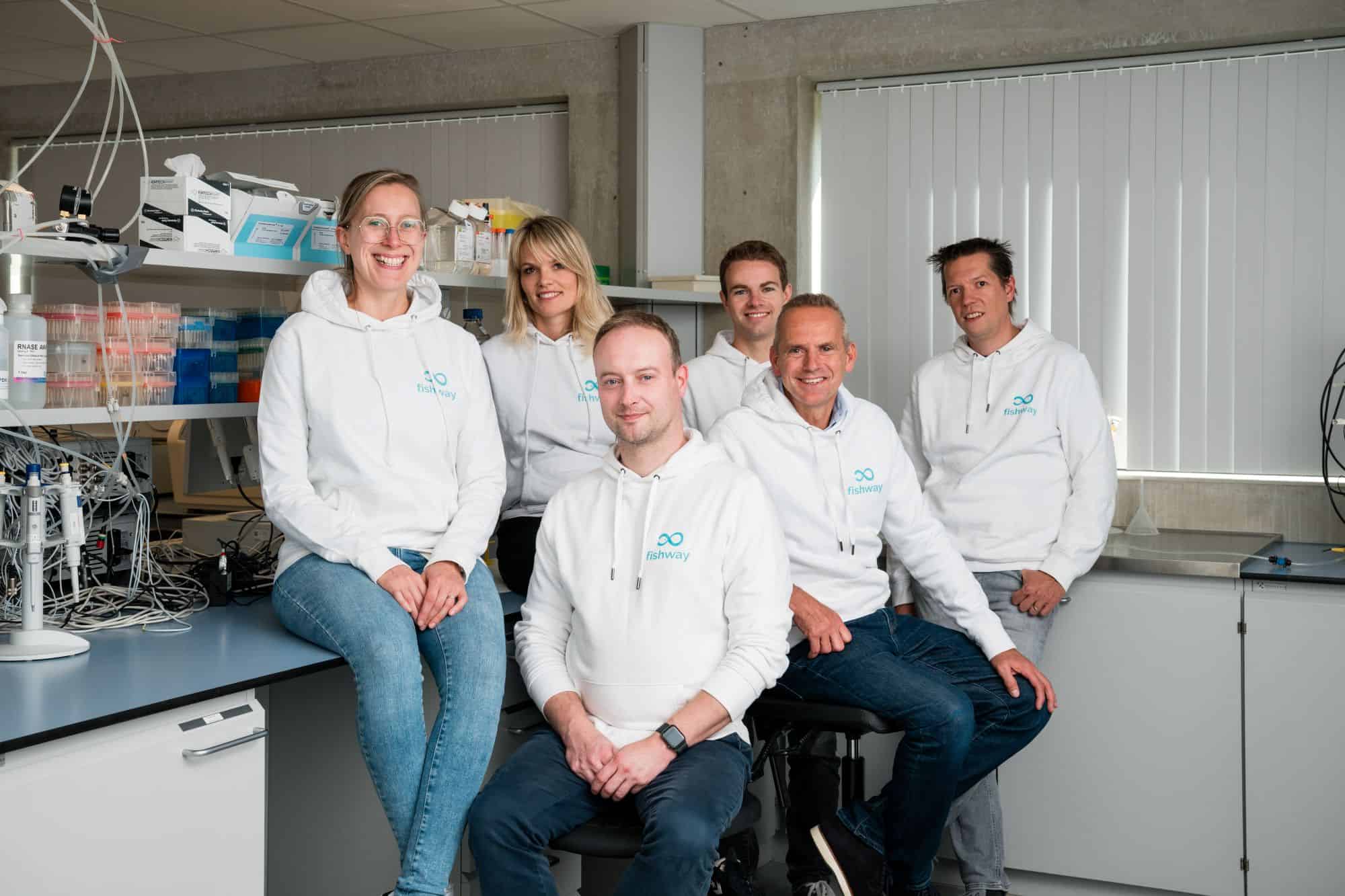The Good Food Institute (GFI) has acquired crucial cell lines and growth media from SCiFi Foods, a cultivated meat company that ceased operations in mid-2024. In partnership with Tufts University Center for Cellular Agriculture (TUCCA), GFI plans to make these resources publicly available for academic and industry research, a move expected to reduce costs and speed up development in the cultivated meat sector.
“Researchers and companies have a new starting line”
The acquisition includes specific bovine cell lines and serum-free growth media developed by SCiFi Foods. These materials, which have previously been developed for high-efficiency suspension cultures, are poised to save academic and industry researchers millions of dollars and years of development time. The cell lines will be made available first to academic institutions, with plans to extend access to commercial entities later.
First broad access to bovine suspension cells
GFI’s collaboration with Tufts will allow researchers worldwide to use these cell lines, marking the first time suspension-adapted bovine cells will be broadly available. This is seen as a critical step in advancing the cultivated meat field, which has faced significant hurdles in cell line development.
According to GFI’s Vice President of Science and Technology, Dr. Amanda Hildebrand, “By making these cell lines and media broadly accessible to the cultivated meat ecosystem, researchers and companies have a new starting line – one that’s now closer to the finish line of bringing new products to market.”

The decision to acquire SCiFi’s cell lines follows the company’s liquidation process, which took place after SCiFi announced it was closing down in June 2024. At that time, various research institutions, including GFI and Tufts, were notified of the availability of SCiFi’s assets. GFI placed a bid for the cell lines and related media, which was accepted in August 2024. By mid-September, the materials were transferred to Tufts for storage and future distribution.
Dr. Andrew Stout, Assistant Professor at Tufts, noted that access to these resources could elevate the applicability of research across the field. “When labs across the field have access to shared, scalable, and serum-free systems, I think it will cause a real leap in the value and applicability of their research,” he said.
A “jump-start” for researchers
The financial burden of developing cultivated meat cell lines from scratch has long been a challenge for startups, with costs estimated between $2 million and $10 million per company. With the availability of these resources, researchers can bypass the initial and often expensive phase of cell line development. Dr. Elliot Swartz, GFI’s principal cultivated meat scientist, described this as a “jump-start” for researchers, allowing them to focus on refining production processes rather than starting from square one.
Joshua March, co-founder of SCiFi Foods, stated, “When we started SCiFi Foods, we had to start from square one. It took us four years and tens of millions of dollars to develop these cells into commercial cell lines…although we are at the end of the line at SCiFi Foods, we hope this is just the beginning of the cultivated meat industry.”




